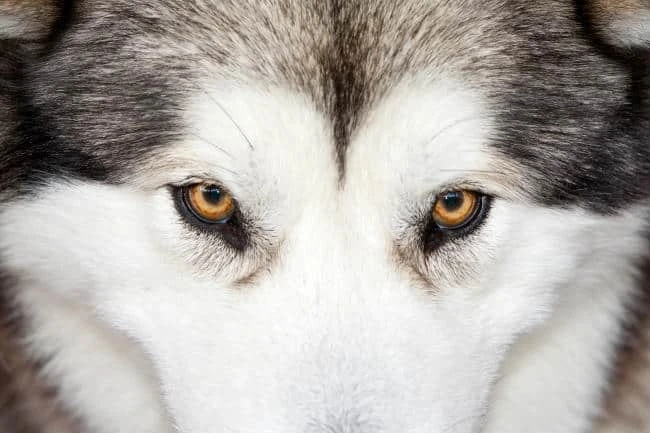Dog Owners Canine Rheumatoid Arthritis

Canine Rheumatoid Arthritis is found mainly in toy and smaller breeds including Shetland Sheepdogs. This debilitating condition is an immune mediated disease which basically means that the dog’s own antibodies start to attack the dog’s own connective tissue.
There are two types of immune-mediated arthritis including Rheumatoid and non-erosive.
Rheumatoid Arthritis In Dogs
Rheumatoid arthritis is classed as ‘erosive’ which means that the cartilage and joint surfaces in your dog are destroyed. The signs and symptoms of this condition are inflammation of the small joints, lameness, morning stiffness and pain. An affected dog can also experience a fever and loss of appetite. Although the disease can develop in puppies aged as young as eight months it is more common developing in dogs from the age of four years of age.
Non-Erosive Arthritis
Non-erosive arthritis is more common in medium and large dogs where the symptoms are inflammation of the joints but no tissue damage. The average age of onset for this type of the disease varies from five to six years of age. The most common symptoms are swelling of the joints, lameness that moves from limb to limb, fever, loss of appetite, difficulty getting up, muscle wastage and of course pain. This condition can be caused by Systemic lupus erythematosus.
Canine Rheumatoid Arthritis Diagnoses
To diagnose canine rheumatoid arthritis the vet will need to perform X-rays as this will enable the vet to be able to get a closer look at the bones and joints. If a dog has Rheumatoid arthritis the bones will often have small holes puncturing the surface. The surface of the joints may also be rough, jagged and have small spur like growths protruding from the joint surface.
Another method used by vets to diagnose the condition may involve the vet examining the synovial joint fluid as this will help the vet determine whether the dog has immune-mediated, infectious or Osteoarthritis as they are all different. By examining the synovial joint fluid the vet will also look for an increase in cells often associated with inflammation.
A vet may also perform blood tests as by examining the blood the vet will also look for what is known as the ‘Rheumatoid factor’ this is when the dog’s body has had an immune-mediated response producing antibodies directed at it’s own protein. Of course alongside these diagnostic methods the vet will look at the dog’s previous medical history and perform a complete thorough physical examination.
Causes Of Rheumatoid Arthritis In Dogs
The cause of canine rheumatoid arthritis is often unknown but the symptoms are as a result of the dog’s own body mistaking it’s own protein for foreign protein. This will result in immune complexes accumulating on the joints causing inflammation. The dog’s body will then try and get rid of the immune complexes which will only lead to more inflammation and damage.
Treatment For Canine Rheumatoid Arthritis
The treatment for canine rheumatoid arthritis will normally involve the use of anti-inflammatory and immunosuppressive medications (this can include corticosteroids also being prescribed). Some vets may prescribe agents used in chemotherapy treatment to treat the condition. However, it is important that any treatment lasts a minimum of eight weeks. Canine rheumatoid arthritis is often more difficult to treat than nonerosive arthritis.
Of course obesity can cause further damage to your dog’s joints so keeping your dog on a healthy diet free from human scraps of food will keep your pet’s weight down which will stop putting further stress on the joints and limbs. If you enjoy walking your dog try and reduce the exercise as long walks can place greater stress on the affected joints. Unfortunately although the condition can be treated there is no cure for the disease.
What Is Infectious Arthritis In Dogs?
This is when the condition is caused by an infectious disease – the most common cause is due to disease carried by Ticks including Rickettsial arthritis which is seen with Rocky Mountain spotted fever and canine ehrlichiosis. Spirochetal arthritis can also be caused by another Tick borne disease i.e. Lyme disease. Another very serious condition can develop through bacteria infecting open wounds and getting access to the bones and joints.
The most common treatments for infectious arthritis is either through surgery to remove the infected tissue and then a long course of intensive antibiotics. Two of the most common antibiotic prescribed to treat Tick borne disease are Tetracycline and Doxycycline.
Dog Health Problems Online > Canine Rheumatoid Arthritis





